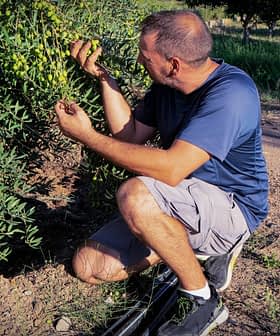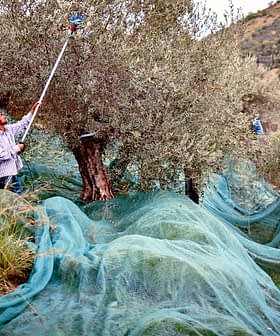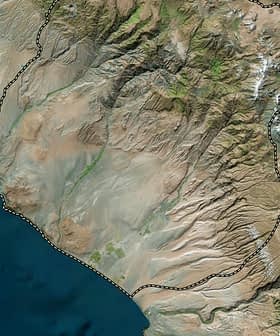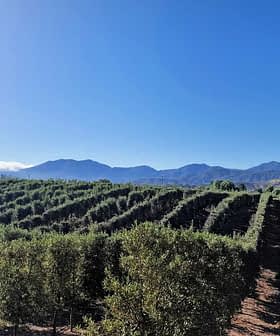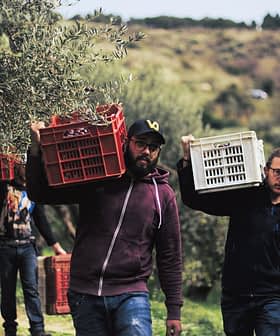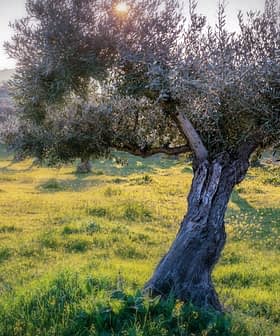Jordan Launches Campaign to Support Olive Sector
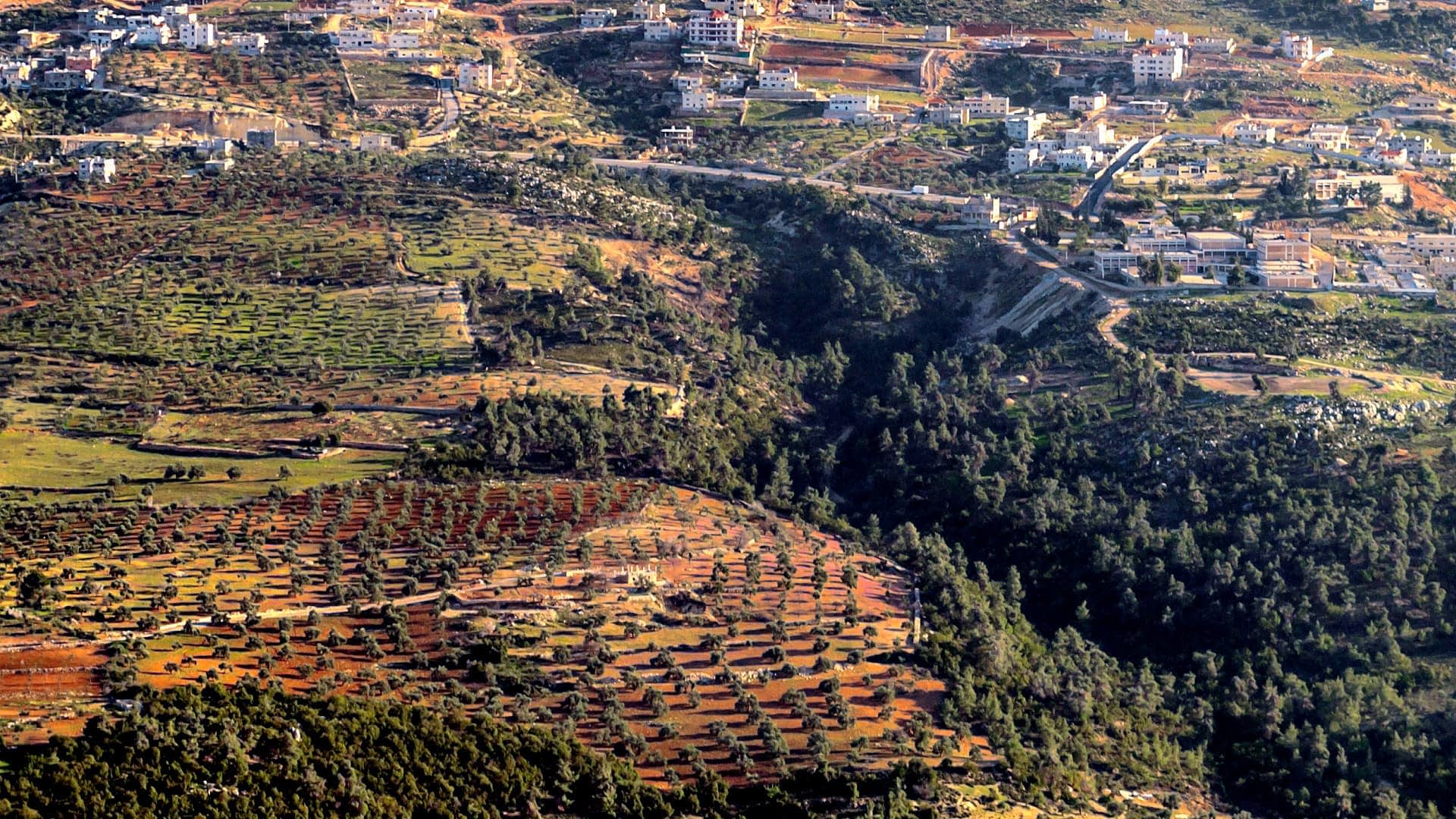
The Ministry of Agriculture in Jordan is intensifying initiatives to modernize the country’s olive oil sector through a national campaign focusing on quality, sustainability, and resilience, led by the Plant Protection and Phytosanitary Directorate. The project includes deploying traps, pesticides, and training to combat pests, with the goal of ensuring high-quality, pesticide-free olive oil that aligns with international standards and preserves Jordan’s cultural and economic heritage.
The Ministry of Agriculture in Jordan has intensified its initiatives to support and modernize the country’s olive oil sector through a “national campaign for the integrated management of olive trees.”
The project encompasses a comprehensive series of integrated programs focused on quality, sustainability, and resilience.
“Our goal is to obtain a high-quality agricultural product that is completely free from pesticide residues,” Maram Al Masadeh told Olive Oil Times.
See Also:Farmers and Officials in Jordan Work to Protect Millennial Olive TreesAl Masadeh is the director of the Plant Protection and Phytosanitary Directorate (NPPO Jordan) and Jordan’s official liaison to the United Nations Food and Agriculture Organization’s International Plant Protection Convention (IPPC).
“We are achieving this through strategic monitoring, advanced pest control techniques, and by promoting good agricultural practices across the country,” she added.
The project was launched with the participation of several stakeholders, including the Jordan Agricultural Engineers Association, the General Union of Jordanian Farmers, the Jordanian Olive Products Exporters Association and the General Syndicate of Jordanian Olive Oil Mill Owners and Olive Producers.
The campaign began with a project aimed at tackling the most pressing threats to Jordan’s olive sector; the olive fruit fly has long compromised both yields and oil quality in Jordan and around the olive oil world.
The ministry’s program includes the deployment of tens of thousands of sticky and food traps, the distribution of low-residue pesticides, and the training of hundreds of farmers and engineers in integrated pest management.
Through integrated pest management, olive growers utilize traps, natural predators, pheromones, and agronomic practices such as early harvesting. Low-residue insecticides are used only when necessary.
According to Al Masadeh, the colored and food traps, along with chemical controls, cover an estimated area of 100,000 dunams (approximately 10,000 hectares) and benefit around 5,000 farmers.
The program also features a series of training courses and field schools. So far, 13 training sessions have been completed, with an additional 19 field schools launched to improve farmers’ ability to identify and combat pests using environmentally sound methods.
“These courses help reinforce our national identity through the olive tree, while ensuring that our olive oil remains a competitive and healthy product,” Al Masadeh said.
The ministry has already distributed 46,000 yellow sticky traps, 34,000 food traps, five tons of ammonia fertilizer, 280 kilograms of Torula yeast tablets, and 630 kilograms of dough yeast. Yeast is used as a powerful attractant for the olive fruit fly.
In addition, 5,000 liters of specialized pesticides will be used in mass control operations.
“These measures are designed to limit the use of chemicals while effectively suppressing pest populations,” Al Masadeh said. “We are committed to aligning with international phytosanitary standards to ensure Jordanian olive oil remains trusted in global markets.”
The campaign also emphasizes public awareness. Social media campaigns and official government websites are helping disseminate information directly to farmers.
“It’s vital that everyone involved in the olive sector, from growers to processors, understands the risks and how to mitigate them,” said Al Masadeh, referring to olive pests and the challenges posed by climate change.
The Ministry of Agriculture plans to continue its efforts through the end of the 2025 harvest season.
“We launched this campaign in phases, starting in February, and will carry it through the entire agricultural season,” Al Masadeh confirmed.
According to official ministry data, nearly 72 percent of the country’s fruit-bearing agricultural land is planted with olive trees.
Approximately 11 million olive trees cover about 60,000 hectares, 60 percent of which are rainfed and 40 percent irrigated.
Each year, the country produces approximately 165,000 tons of olives, yielding more 25,000 metric tons of olive oil.
According to International Olive Council data, over the last five harvests, Jordan has produced between 23,500 and 27,500 tons of olive oil annually.
Domestic olive oil consumption has remained relatively stable at around 22,000 tons per year.
Despite these numbers, Jordan has faced climate-related challenges that continue to test the sector’s resilience.
For example, the 2024/25 crop year yielded lower-than-expected results, primarily due to prolonged droughts and fluctuating temperatures.
The new campaign builds on existing projects aimed at strengthening the resilience of the country’s olive crop, including the Mahras Olive Project, which focuses on preserving and enhancing the country’s indigenous olive varieties.
The project focuses on building a genetic resource bank, improving cultivar resilience to drought and pests, and boosting oil quality through targeted research.
Al Masadeh emphasized that the country’s olive sector represents more than just a farming sector.
“The olive tree represents a great historical, cultural, and economic heritage for Jordan,” she said. “It is linked to our civilization for thousands of years and remains a primary source of livelihood for thousands of families.”
“Our new campaign reflects the olive tree’s status as a symbol of resilience and goodness. In every sense, preserving the olive tree is preserving a part of who we are,” Al Masadeh concluded.
